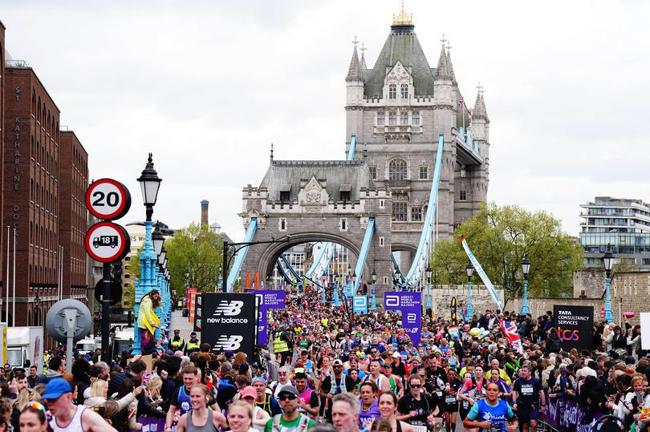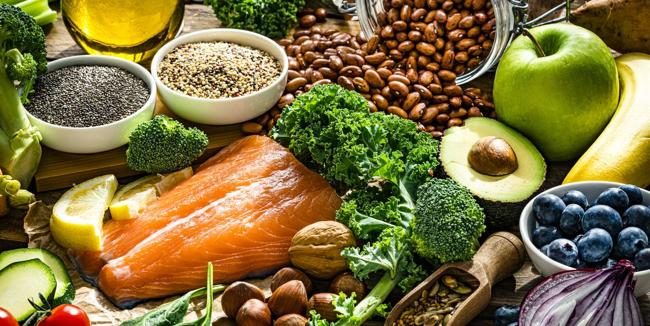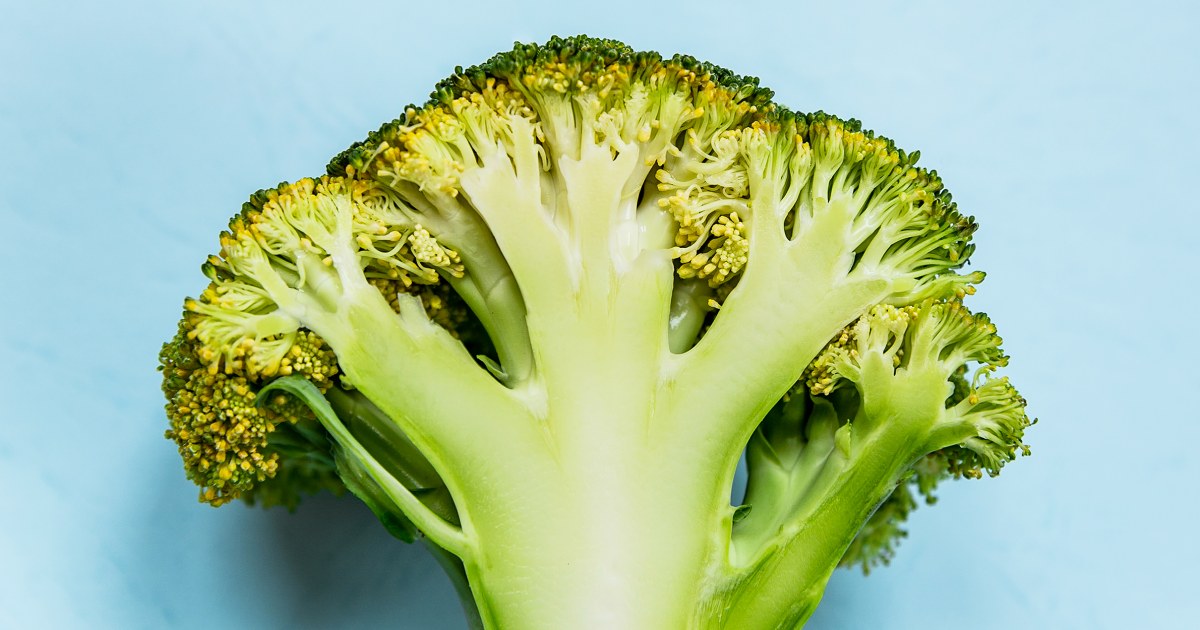Summary
With the TCS London Marathon fast approaching, a nutritionist has offered their insight into when and what should be consumed on the morning of the big race
Source: Surrey Live on MSN.com

AI News Q&A (Free Content)
Q1: What are the key nutritional recommendations for marathon runners to optimize performance?
A1: Marathon runners are advised to balance carbohydrates, proteins, and fats in their diet. Carbohydrates are crucial for energy storage, proteins aid in muscle repair, and healthy fats support sustained energy release. Hydration is equally important, with runners encouraged to drink water and electrolyte-rich fluids before and during the race. Consuming a meal rich in carbohydrates about 3-4 hours before the marathon can help maximize glycogen stores, improving endurance capacity.
Q2: How does the inclusion of glycerol and sodium in a hyperhydration protocol affect marathon performance?
A2: A study examined the effects of glycerol and sodium-induced hyperhydration on marathon performance in warm conditions. It found that while this approach improved hydration status by increasing fluid retention and plasma volume, it did not significantly enhance half-marathon performance. This suggests that while hydration is vital, it should be balanced with other factors such as energy intake and environmental conditions to optimize performance.
Q3: What are some foods that marathon runners should avoid before the race?
A3: Marathon runners should avoid foods that are high in fiber, fat, and protein immediately before the race as they can cause gastrointestinal distress. Spicy foods, caffeine, and alcohol should also be avoided as they may lead to dehydration or upset stomach. It is recommended to stick to familiar, easily digestible foods to ensure comfort and optimal performance during the marathon.
Q4: What is the historical significance of the London Marathon in terms of record-breaking performances?
A4: The London Marathon has been a stage for record-breaking performances, with the marathon world record broken on several occasions. Notably, Paula Radcliffe set the women's world record in 2003 with a time of 2:15:25. The event is part of the World Marathon Majors and has contributed significantly to the sport, with runners raising over £1 billion for charity since its inception.
Q5: How can nutritional strategies be optimized for trail running with varying terrains?
A5: Research suggests that nutritional strategies for trail running should consider the dynamics of differing terrains and elevations. Optimal control strategies that include in-race nutrition uptake can enhance performance by addressing fatigue factors and adapting to changing environmental conditions. This involves precise timing and type of nutrient intake to maintain energy levels and minimize fatigue.
Q6: What regulatory guidance exists for balanced nutrition for athletes preparing for endurance events like marathons?
A6: Regulatory bodies such as the American College of Sports Medicine (ACSM) provide guidelines for athletes, emphasizing a diet high in carbohydrates, moderate protein intake, and sufficient hydration. These guidelines recommend periodizing nutrition according to training intensity and competition schedules to ensure that athletes' energy needs are met, supporting both performance and recovery.
Q7: What role does the London Marathon play in the global marathon circuit and its influence on charity fundraising?
A7: The London Marathon is a significant event in the global marathon circuit, attracting elite runners worldwide. It is renowned not just for competition but also for its charity fundraising efforts, having raised substantial amounts for various causes. The marathon's structure includes mass participation and elite races, providing a platform for both professional competition and community involvement.
References:
- The Addition of Glycerol and Sodium Chloride to a Hyperhydration Protocol Does Not Improve Half-Marathon Time-Trial Performance in Trained Runners in Warm Conditions
- Optimal strategy for trail running with nutrition and fatigue factors
- Page: London Marathon
- Page: 2023 London Marathon





